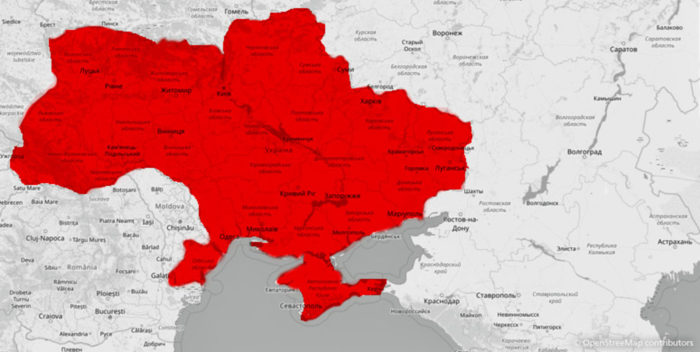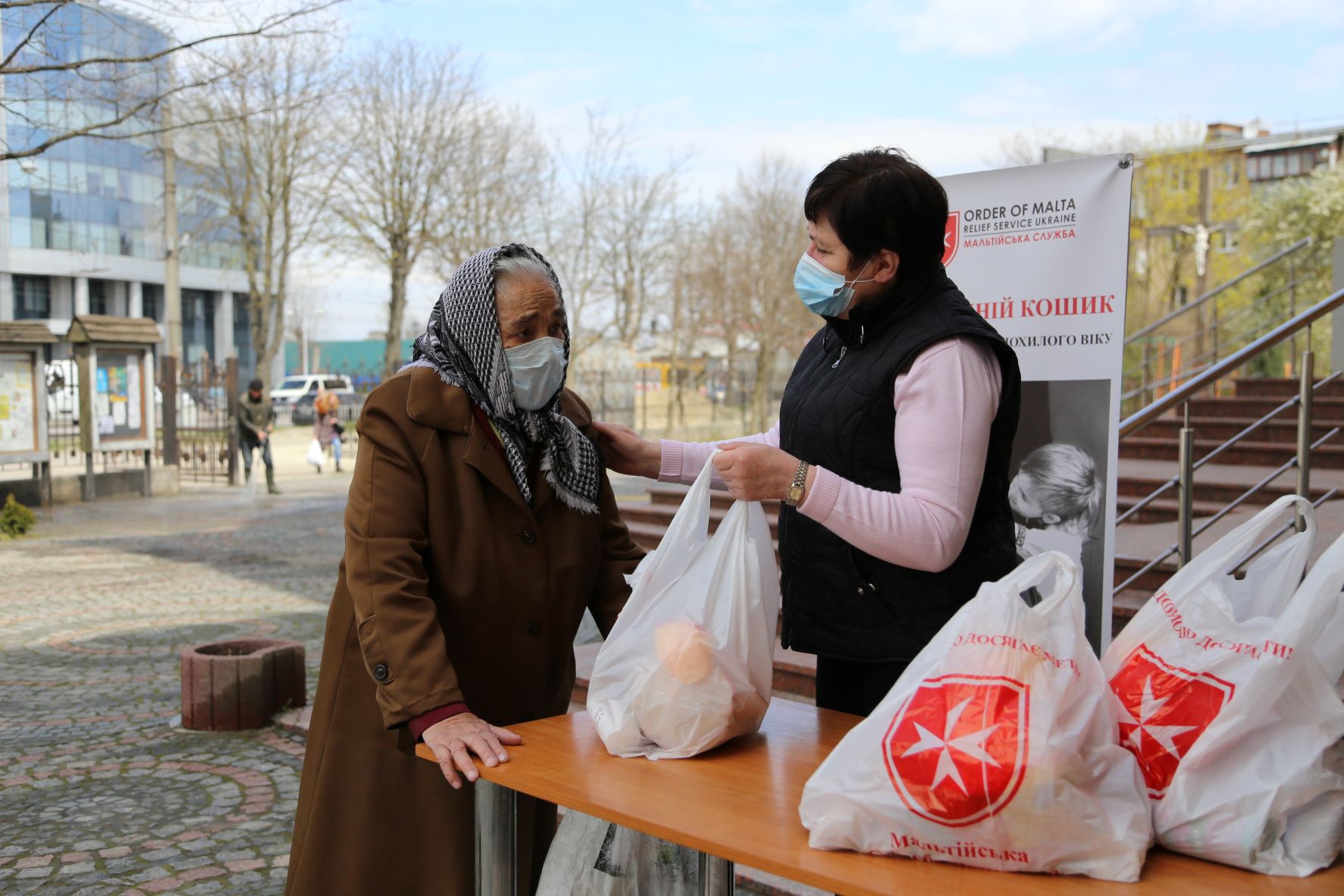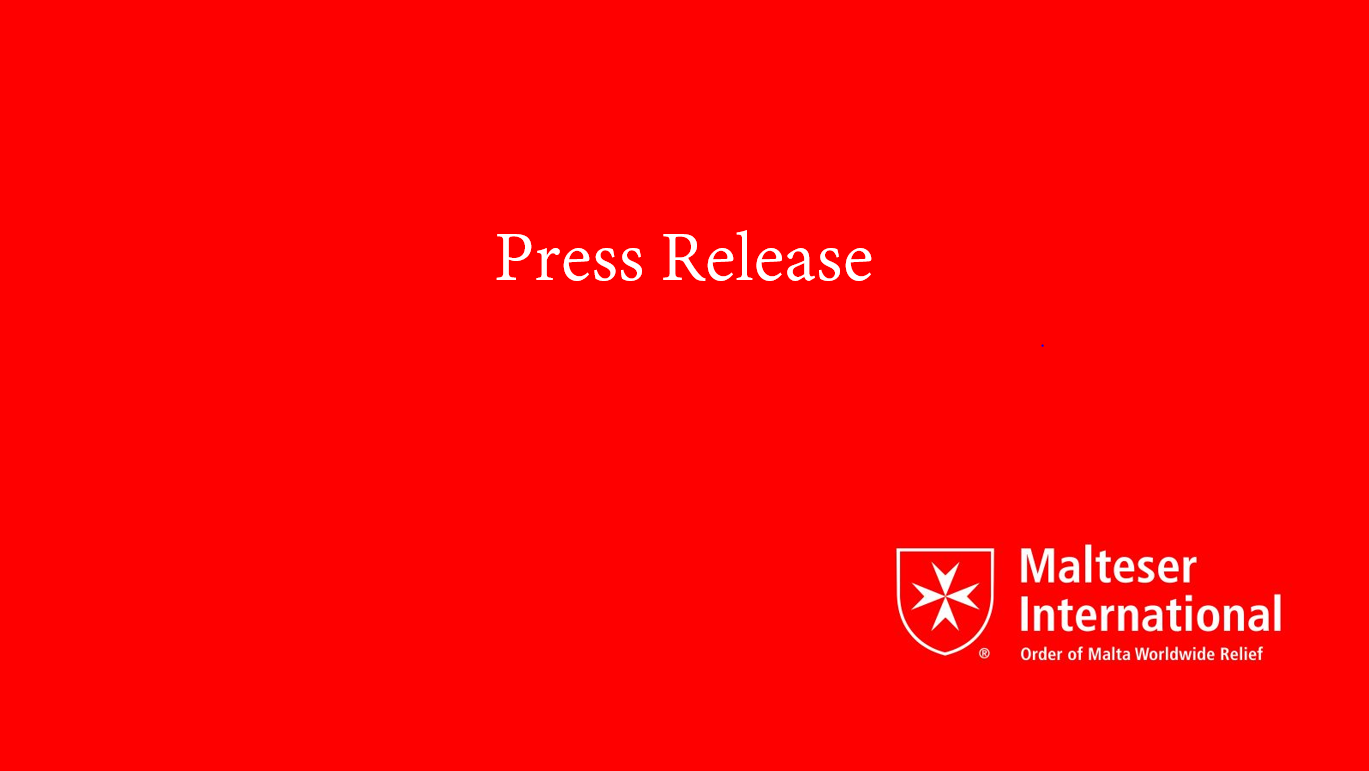International
Ukraine: Malteser International Prepares Supplies amid Fears of Supply Shortages
Cologne/Lviv. The situation in Ukraine continues to escalate and Malteser International (MI) expects an immediate and critical need for support for those fleeing the chaos – and those who will remain. Hundreds of thousands of people are already on the run, within the country and to neighboring states. The UN Refugee Agency (UNHCR) confirmed over 50,000 have already fled Ukraine and estimate up to 4 million could flee if the situation continues to escalate. UNICEF warns that nearly 7.5 million children could be at risk.

MI Response
MI has been active in Ukraine since the 1990s. Since 2015, we have had projects in Donetsk and Luhansk, in the Donbas region of eastern Ukraine – both have been very heavily affected by the recent escalation. In close cooperation between Malteser International, Malteser Ukraine, and Malteser Germany, the projects have been focused on providing mental health and psychosocial support for displaced people, and supporting the poor, disadvantaged population with warm meals in their soup kitchens. Due to the current circumstances, these projects are mostly on hold, one of the projects is still offering mental health support virtually.
Speaking from MI’s headquarters in Cologne, Germany, Oliver Hochedez, head of the Emergency Department, says “the supply situation in Ukraine itself is becoming increasingly difficult. What is especially needed are everyday medicines, as well as cots, blankets, food, and cash to provide for those most affected”. Some areas are rationing food, limiting consumption at gas stations at “20 liters per car, lines at pharmacies can last entire days,” Hochedez continues. “At the moment, there is no way to get through, the streets in the big cities are full of people who want to get themselves and their families to safety”.
On Thursday, February 24th, an aid transport containing mobile soup kitchens and medical material departed Malteser Germany and is on its way to the affected areas.
Ukraine: From the Field
Our colleagues in Ukraine have been increasingly concerned since the escalation started and were shocked by how far west the bombings have been taking place. Pavlo Titko, Director of Malteser Ukraine speaking from Lviv with German news outlet Tagesschau, says “Ukraine is pre-traumatized” from the situation in 2014, and the recent events have stirred dark memories of the past.
In our mental health and psychosocial support projects, group therapy attendees in the past few weeks have been anxious. Parents raised concerns about their children: “how do we talk to them about war?“ People wondered what criteria they should think about when deciding if, and when, to leave their homes. Of course, that decision has been made clear now.
As a result, Titko expects “bottlenecks in two to three days,” which will complicate the delivery of humanitarian aid, as well as many refugees from all over the country continuing to move westward. Europe is already making plans to welcome refugees, with Poland, Hungary, and Slovenia being the first points of entry for many, as well as Moldova.
United in Support of the Most Vulnerable
Malteser International continues to work closely with its colleagues in Ukraine, “but also with Malteser International entities in neighboring countries and partner organizations,” says Clemens Graf von Mirbach-Harff, Secretary General of Malteser International. “Together we will provide as much support as possible to the people on the ground and do everything to alleviate the suffering of the population”.




